The latest flare-up took place when Beijing, on October 9, expanded its restrictions on the export of rare-earth metals, increasing the number of elements on the list.
Recommended Stories
list of 4 itemsend of list
China has the largest reserves and the majority of processing facilities of rare-earth metals that are used in a range of daily and critical industries like electric vehicles, smartphones, laptops and defence equipment.
In a first, it also required countries to have a licence to export rare-earth magnets and certain semiconductor materials that contain even trace amounts of minerals sourced from China or produced using Chinese technology.
China’s actions on rare-earths also came after the US expanded its Entity List, a trade restriction list that consists of certain foreign persons, entities or government, further limiting China’s access to the most advanced semiconductor chips, and added levies on China-linked ships both to boost the US shipbuilding industry and loosen China’s hold on the global shipping trade. China retaliated by applying its own charges on US-owned, operated, built or flagged vessels.
“For the US, its actions on chip exports and shipping industry fees were not related to the trade deal with China,” said Vina Nadjibulla, vice president for research and strategy at the Asia Pacific Foundation of Canada.
Since then, the two countries have also been in an “information war”, said Nadjibulla, each blaming the other for holding the world hostage with its policies.
But beyond the rhetoric, the world is seeing China really up its game.
“For the first time, China is doing this extra-terrestrial action that applies to other countries as well [with its amped up export restrictions on rare-earths]. They are prepared to match every US escalation, and have the US back down,” Nadjibulla said. “This is a very different kind of a trade war than we were experiencing even three months ago.”
This was a “power play” by China in the run-up to a planned meeting later this month between Trump and Chinese President Xi Jinping at the Asia-Pacific Economic Cooperation summit in South Korea because “China has decided that the leverage is on their side,” said Dexter Tiff Roberts, a nonresident senior fellow at the Atlantic Council Global China Hub, pointing out that after some initial noise with Trump saying there was no reason to meet Xi any longer, the meeting is back on.
“If you look at the approach of the Trump administration right now, they are all over the place,” said Roberts.
Roberts was referring not only to the multiple tariff threats that the US has issued both on China and on specific industries and the carve-outs that were soon announced on those, but also in its statements on the Trump-Xi meeting, with Trump saying it was not happening, only to reverse that two days later.
“The Trump administration doesn’t quite know how to deal with China,” said Roberts. “They don’t understand that China is willing to accept a lot of pain,” and will not be easily cowed by US threats.
Beijing, on the other hand, has realised that Trump is determined to get his big deal with China and wants his state visit to seal that, maybe because “he feels that is important to his credentials as a big deal maker,” added Roberts, but that he cannot get there without giving more to China.
“China saw that they could push harder in the lead-up to the meeting.”
Wei Liang, a professor at the Middlebury Institute of International Studies who specialises in international trade and Chinese economic foreign policy, agrees.
“Trump has a track record of TACO,” she said, referring to a term coined by a Financial Times columnist in May, which stands for “Trump always chickens out” in reference to his announcing tariffs and then carving out exemptions and pushing out implementation dates.
“He cares more than any other US president [about] stock market reactions, so definitely will be more flexible to making concessions. This is the inconsistency that has been captured by his negotiation partners,” Liang said.
China’s defiant stance also comes at a time of its own political concerns, Liang added.
While the domestic economy is “a black box” with no reliable data available on growth, employment and other criteria, the consensus among China experts is that the country has been hit by the tariffs, economic growth has slowed, and unemployment has ramped up.
As China started its four-day fourth plenary session on Monday where it plans to approve the draft of its next five-year national economic and social development plan, Xi can use the moment to tell his domestic audience that the country’s problems are stemming from Trump’s policies and the whole world is suffering because of those tariffs and it’s not related to Chinese policies, Liang said.
A possible decoupling
All of this also signals that Beijing seems to be prepared to “decouple” from the US more than ever, a significant change in mentality, as, in the past, the standard response to the idea was that it would be a “lose-lose” situation for both countries, Liang told Al Jazeera.
But in the last few years, China has diversified its exports to other countries, especially those in its Belt and Road Initiative, the ambitious infrastructure project that it launched in 2013 to link East Asia through Europe and has since expanded to Africa, Oceania and Latin America.
Even when it comes to things that it needs from the US – soya beans, aeroplanes and high-tech chip equipment – it can find other suppliers or has learned to work around that need, as is the case for the chip equipment, Liang pointed out.
In the meantime, especially in the years since the US-China trade war started under Trump as president in his first term, China has brought in a set of national security laws – including its version of the US Entity List, through which it is setting limits on those exports, Nadjibulla said.
“Everybody should have been preparing the way the Chinese have been preparing. We breathed a sigh of relief when there was a change in government [in the US after the first Trump administration], but China kept preparing,” she said.
“This should be a wake-up call for all countries to find other sources for its needs. Everyone should be redoubling their efforts to diversify, because we have now seen the Chinese playbook.”

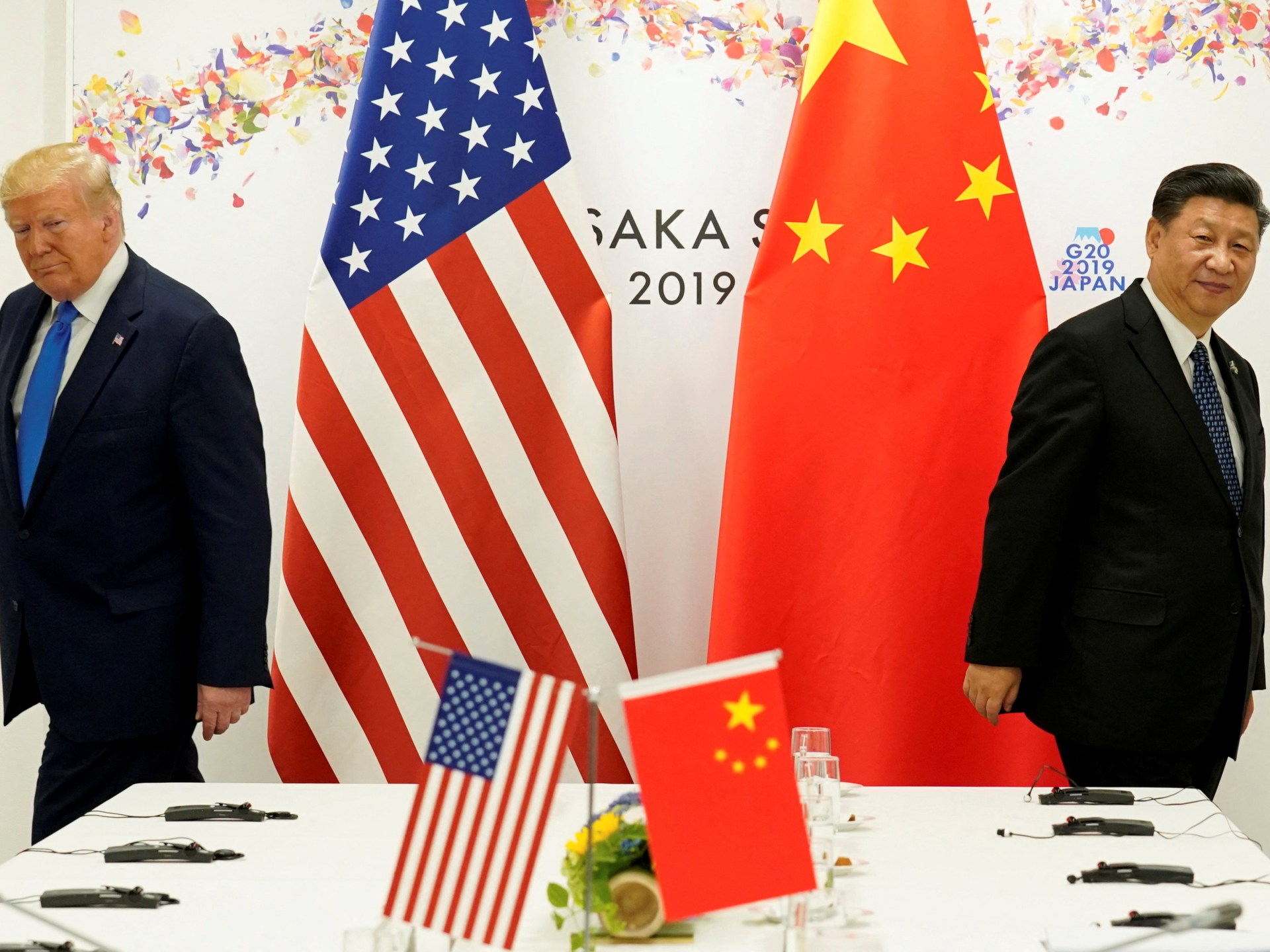


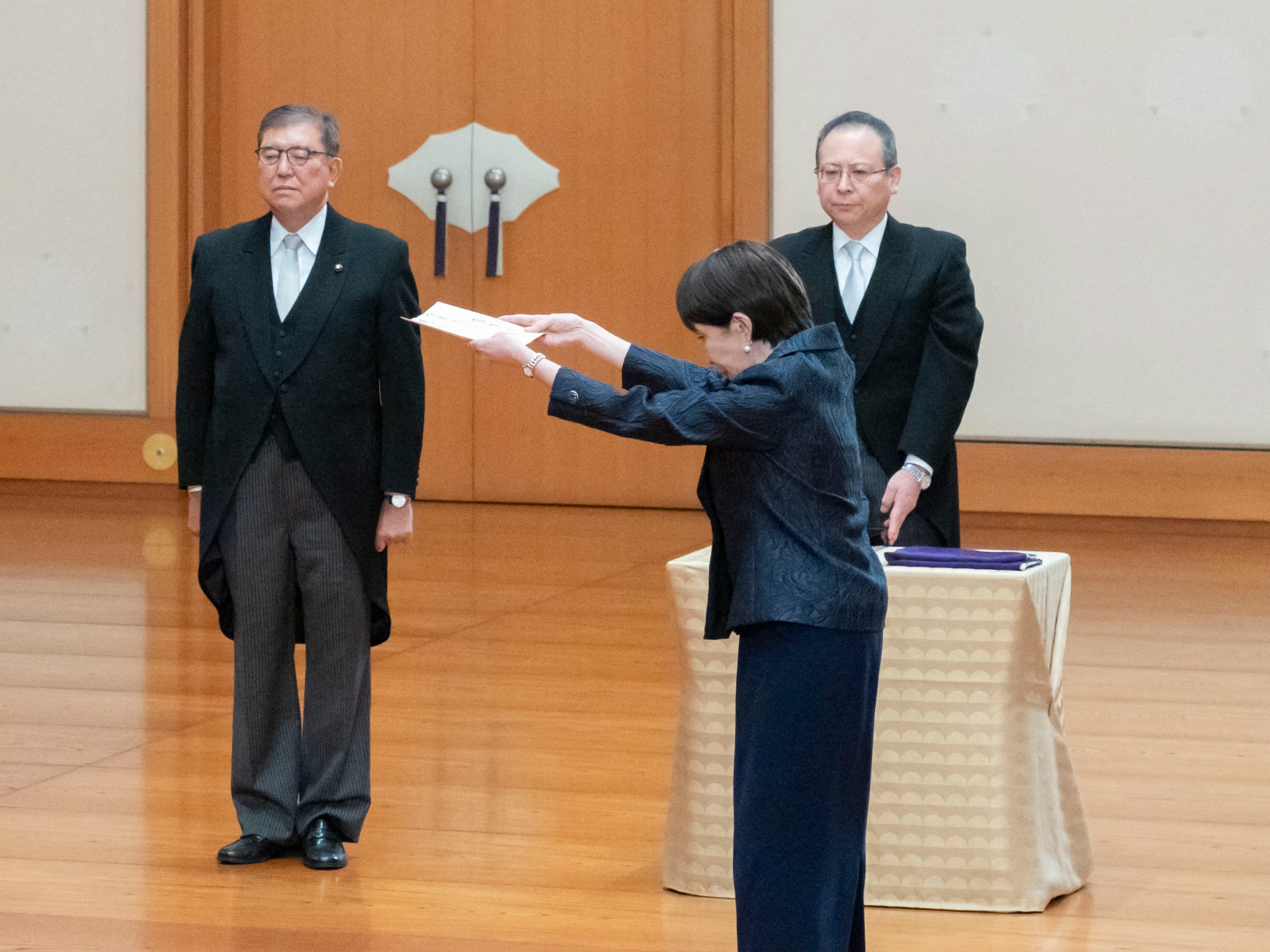

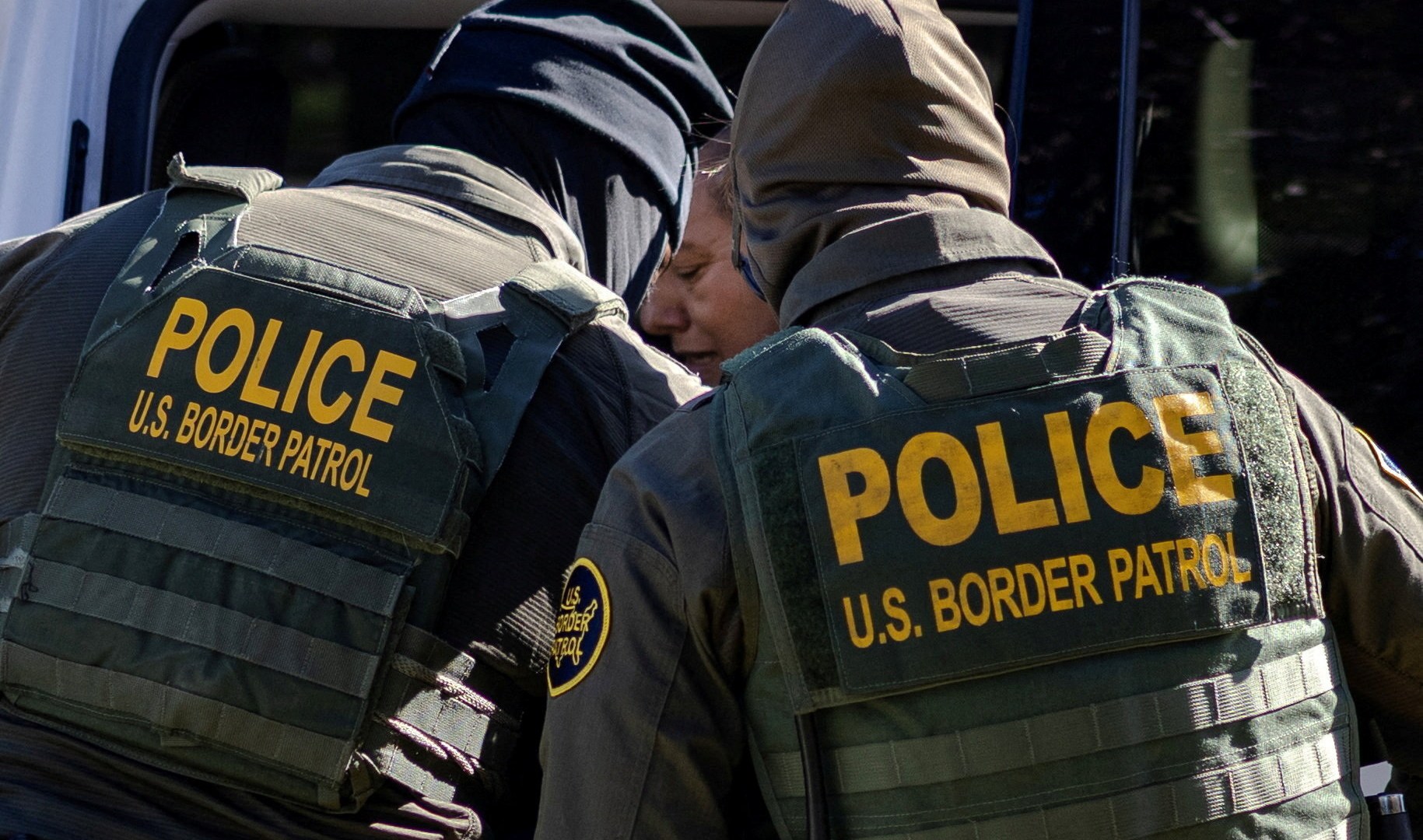


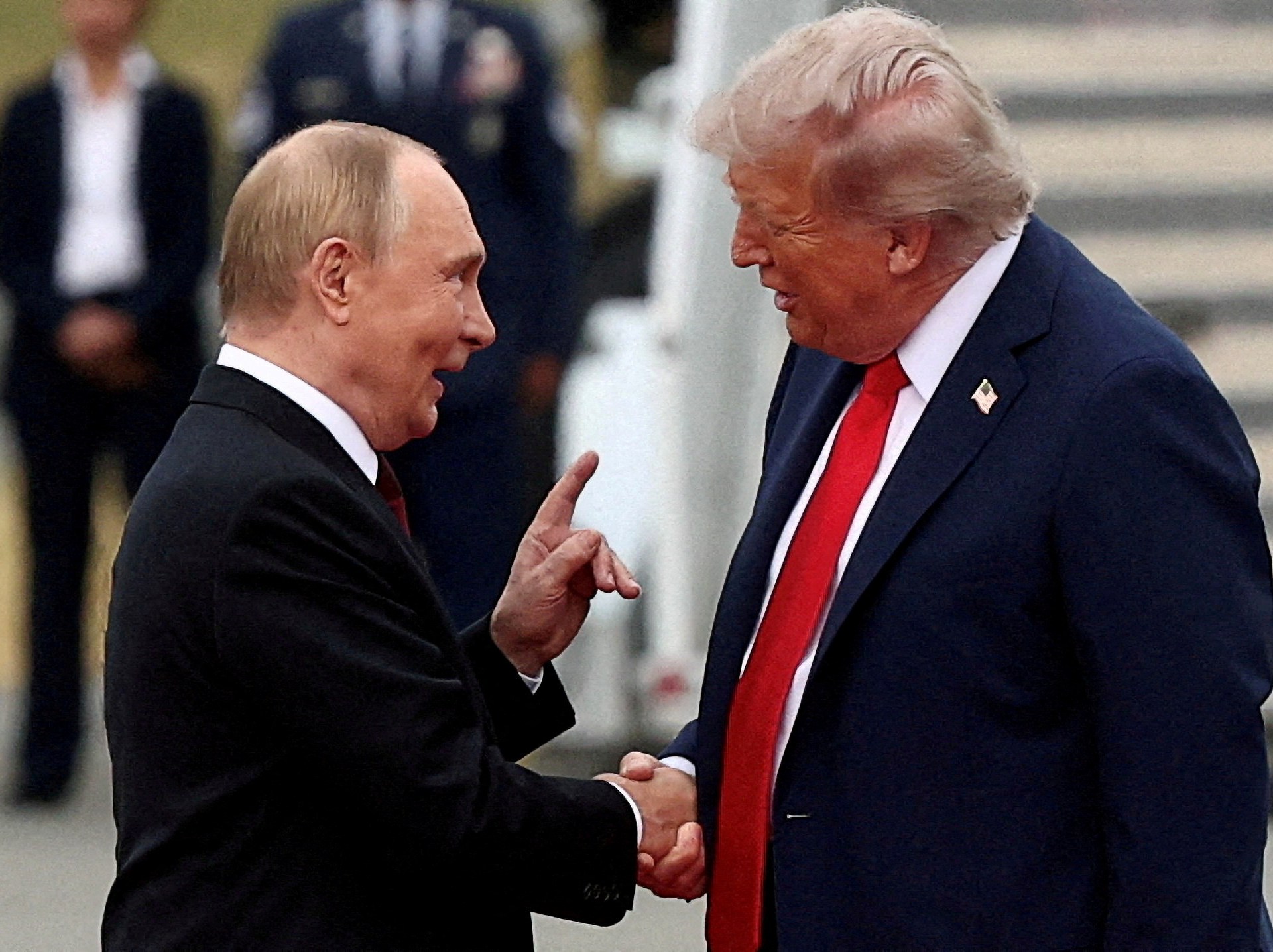
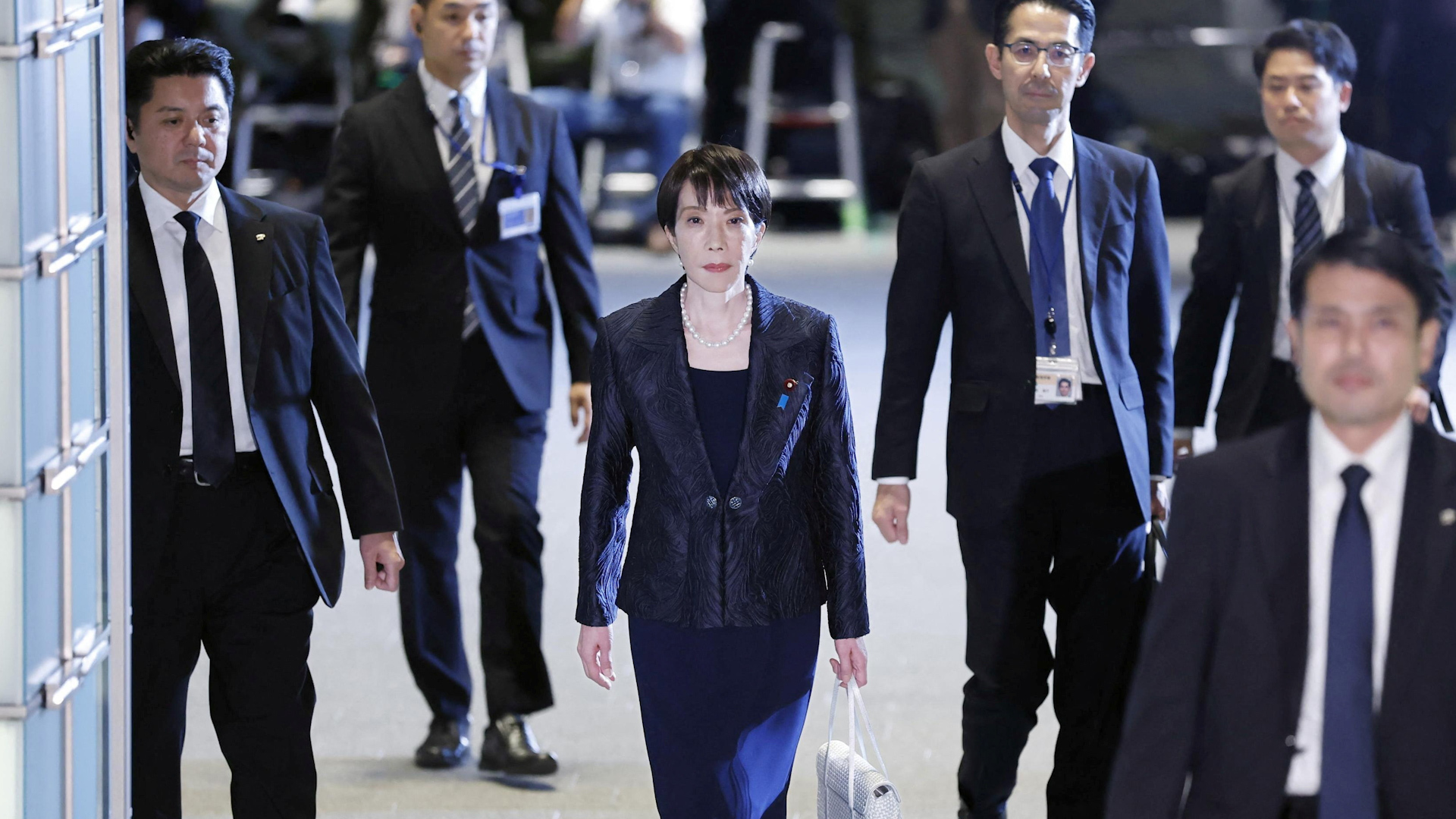


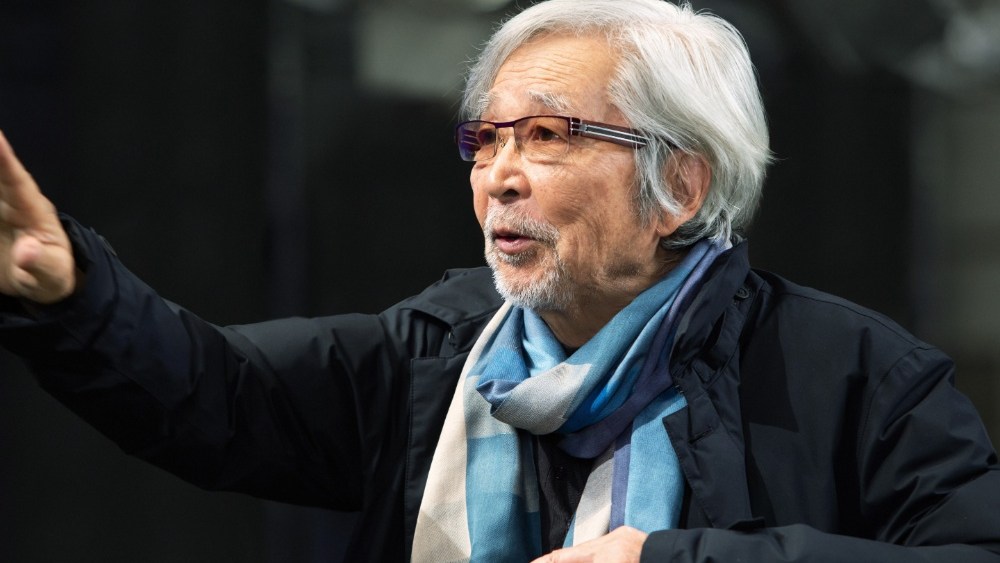

Leave a Reply